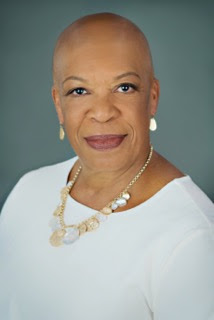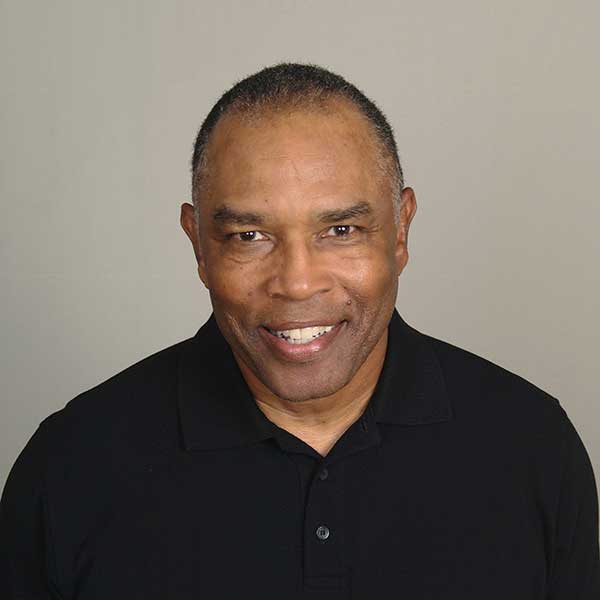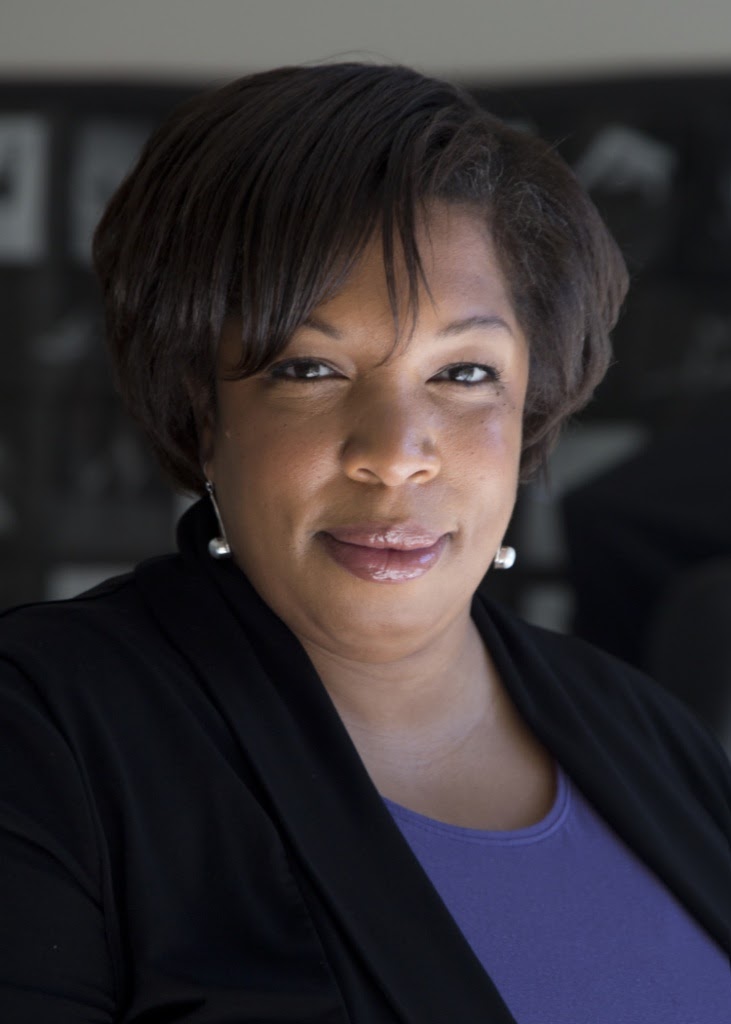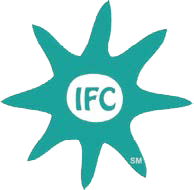About Us

Willetha King Barnette spent more than 20 years caring for her elderly mother while raising a child, working full-time, and managing her own chronic illness. Her experiences navigating the healthcare and eldercare systems were captured in The Caregiver’s Secrets, co-authored with Harold Barnette. Insights gained from her personal caregiving experience formed the core of IFC’s hands-on approach to family caregiver education and support. Willetha has been an advocate for cancer and Crohn’s Disease patients, a hospice volunteer and a guardian ad litem. She is a Certified Dementia Practitioner, and an annual guest speaker for first year medical students at the UNC Chapel Hill School of Medicine. She is participating in the NIA Impact Collaboratory and Alzheimer’s Association’s Lived Experience Panel, and is a member of the Equal Advanced Care Planning (ACP) Stakeholder Advisory Council of a PCORI-funded study at Duke University. She is also a frequent speaker for events and legislative meetings dealing with family caregiving, paid family and medical leave advocacy, and managing chronic and rare illnesses. She holds a Bachelor of Arts from North Carolina Central University.

Harold Barnette, Co-Founder
A retired technical writer, Harold is the author of numerous articles and essays published both in professional journals and anthologies. He is co-author of The Caregiver’s Secrets, and publisher of “HB’s Fearless Trauma Chasing,” a blog that addresses Black men’s health, disparities, and health equity. He was educated at the University of North Carolina at Chapel Hill.

Equia Snead, Executive Advisor
With over 20 years experience in the insurance industry, including more than 11 years in long term care insurance operations, Equia provides oversight and guidance for IFC Inc.’s organizational mission, vision, and strategic development. She seeks to improve the visibility and effectiveness of family caregivers through advocacy and education, including support of collaborative initiatives with philanthropy, healthcare providers, legislative leaders, and community-based organizations. She is a graduate of the University of North Carolina at Chapel Hill and holds Long Term Care Professional and Certified Dementia Practitioner designations.

Niya Randall, Education Director
Niya is an educator and equity consultant with broad experience facilitating discussions around race and gender equality. She is a former classroom teacher and past board chair of the School Reform Initiative, a national organization focused on educational equity. She is the founding board chair of PeaceBuilders, a social justice camp for teens, and a member of the Design Team of Atlanta’s Equitable Dinners series. A co-producer of The Empowered Caregiver programs, she is involved in all aspects of IFC’s online instructional and coaching modules. Niya holds a BA in marketing from Clark Atlanta University.
